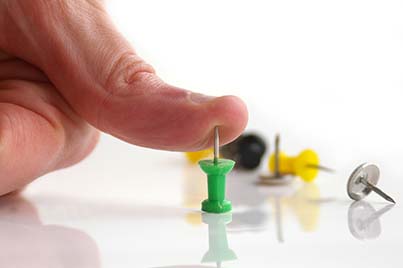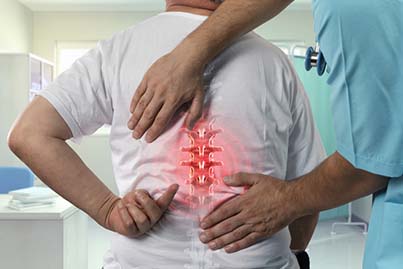Nociceptive

Neuropathic

It is important to diagnose and identify neuropathic properly. The character of the pain, such as shooting, stabbing, burning, or is often worse at night, may indicate that it is not muscular pain or inflammatory pain. Also, what is the distribution of the pain? It may be peripheral in which the pain follows the route of the damaged peripheral nerve such as with Sciatica. Yet, if the cause is central, symptoms may involve large areas of an arm or leg, or a specific body region. Likewise, it’s quite important to rule out any diseases such as diabetes or perhaps a tumor that’s pressing on a nerve.
Neuropathic Treatments
Michigan Pain Consultants may suggest warm baths to increase blood flow along with exercise and developing good sleep habits. Yet, when these strategies are not enough to reduce the pain, the use of oral non-steroidal anti- inflammatory medications along with traditional pain medications can be helpful. Long-term relief can often be obtained with the use of therapeutic nerve blocks. These include injections of anesthetic medications along with anti-inflammatory medication around the painful nerves. Nerve stimulation techniques can be helpful in certain types of peripheral neuropathy. Stimulation can either occur on the skin over the affected region, or in some cases, with stimulator electrodes placed surgically around the nerves or in the spine at the origin of the affected nerves. Therapeutic exercises can help restore loss of function and allow patients to lead more active lives while behavioral modification techniques or biofeedback training with muscle relaxation exercises can help patients be less sensitive to the irritation from the affected nerves.
Contact Michigan Pain Consultants Today
Exciting medical breakthroughs occur each day and continue to keep Michigan Pain Consultants at the forefront of providing effective pain management programs in the West Michigan area.
Make an appointment for a new patient consultation with one of their board-certified pain physicians. All of Michigan Pain Consultant’s physicians are Board Certified in Anesthesiology or Physical Medicine & Rehabilitation and have advanced training and experience in Pain Medicine. You can begin first by visiting online at MyLifeBeyondPain.com, MichiganPain.com, or by calling them at (800)281-3237.
With six locations throughout West Michigan, Michigan Pain Consultants comprehensive interdisciplinary approach to pain care offers patients and providers renewed hope for relief from chronic pain. Chronic pain should be treated like other chronic medical conditions such as diabetes, asthma, or congestive heart failure. Chronic pain requires chronic treatment. The goal of the treatment is to optimize the management of the pain, as opposed to curing the pain.
